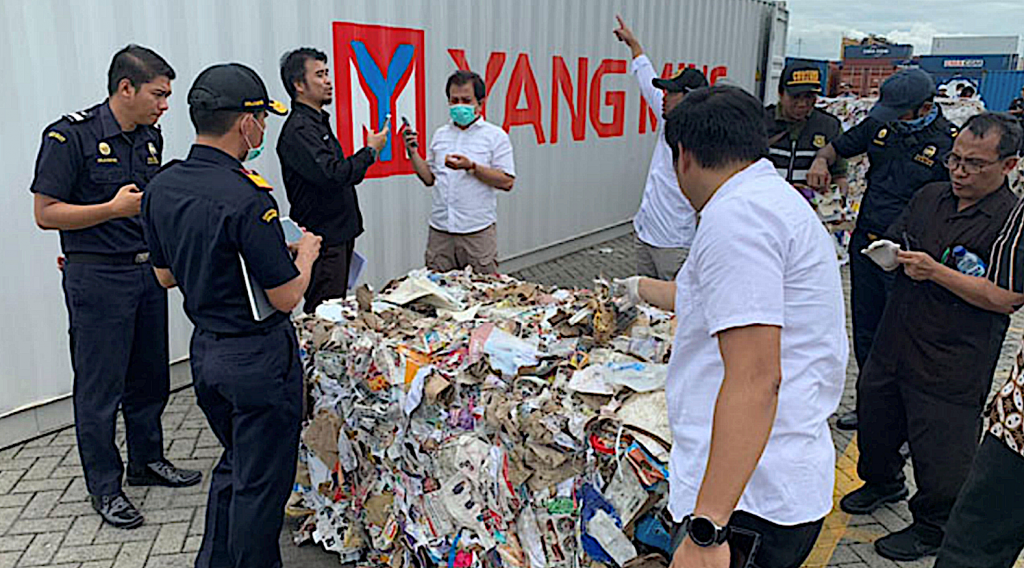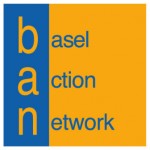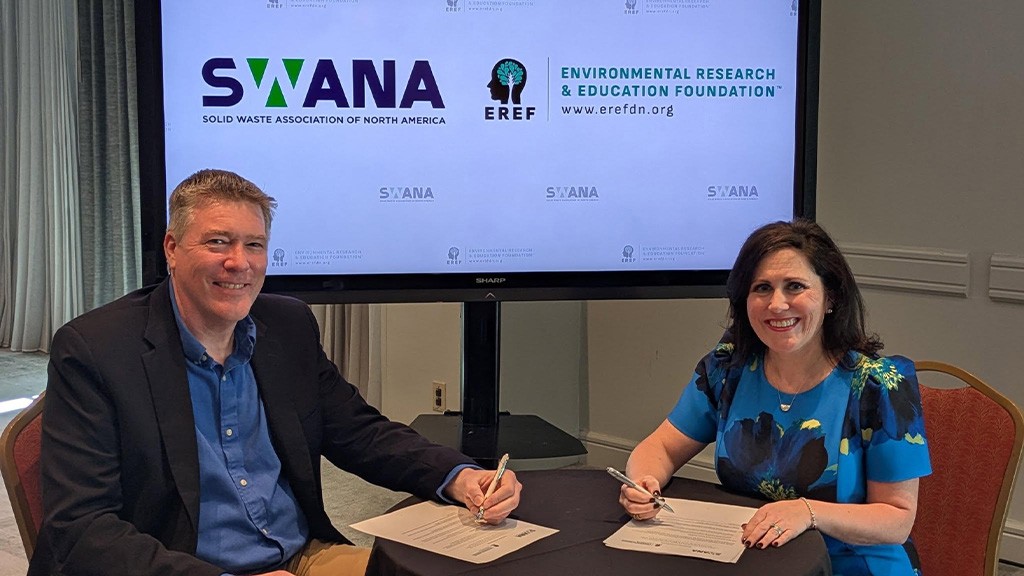Indonesian officials caught diverting illegal waste shipments from U.S. to other Asian nations
Waste containers from Indonesian ports are reported to have been diverted to India, Thailand, South Korea and Vietnam

Indonesian officials have been caught approving re-exports of illegal U.S. waste shipments to other Asian countries instead of returning them to the U.S. as promised. This, according to a press release from the Basel Action Network (BAN) a global environmental watchdog organization. Instead of being returned to their senders, the waste containers have reportedly been diverted to India, Thailand, South Korea, and Vietnam.
"After promising that the illegal plastic waste imports would be returned to their countries of origin, our officials have instead, engaged in a global waste shell game, victimizing more countries with the unwanted, illegal and contaminated shipments," said Yuyun Ismawati of the Indonesian NGO, Nexus3. "Meanwhile the U.S. government and the original perpetrators of the illegal shipments are let off the hook. The public has been lied to, the environment is further harmed, and the criminals go free. It's outrageous."
The original U.S. waste shipments were imported by the Indonesian paper recycling companies PT Mega Surya Eratama and PT Surabaya Mekabox located in East Java. Upon arrival they were deemed illegal by Indonesian authorities when they were found to contain large amounts of plastic and hazardous wastes mixed into what was supposed to be paper scrap.
In the Indonesian government press release issued on September 18, 2019, the government noted the hundreds of consignments of illegal waste imports and stated that the containers "will be reexported to their country of origin."
The source and identification numbers of 70 of the seized containers were obtained by Nexus3 from a trusted source. 58 of these containers came from the U.S. with 25 of the containers shipped by the Cosco Shipping Line, 13 by the Maersk Shipping Line, and 20 more by the Hyundai Line.
The waste trade watchdog group Basel Action Network (BAN) then tracked the return pathways of the illicit containers. BAN discovered that of the 58 containers that were meant to be returned to the U.S., 38 containers were diverted to India, three to South Korea, and one container each went to Thailand, Vietnam, Mexico, the Netherlands, and Canada. Only 12 of the 58 were actually returned to the U.S. as promised by the government.
"It is an international norm that illegal waste exports are the responsibility of the state of export, in this case the United States, and the exporting state has the duty to reimport the wastes," said Jim Puckett, Executive Director of Basel Action Network (BAN). "In this way the exporters can be prosecuted for any illegality and the problem can actually be solved rather than simply passed on to other unsuspecting victim countries and communities."
"In India, we thought we had banned the import of plastic wastes. Now we see more coming in through a back door," said Dharmesh Shah of GAIA in India. "These shipments from Indonesia must be the subject of an international inquiry."
It remains unknown whether the U.S. government was informed of the illegality of the exports to Indonesia, or whether the governments where the wastes actually ended up were notified and able to consent to their import. It is further unknown whether the receiving facilities were even capable of environmentally sound management of the wastes. If the experience in Indonesia is representative, much of the plastic waste which comes with the paper waste ends up being burned in waysides, creating highly toxic smoke and fumes.
"Unwanted plastic scrap imported by paper companies in East Java have routinely contributed to the environmental pollution in poor communities," said Prigi Arisandi from Ecoton, Indonesia. "The same things will likely be repeated in other developing countries where the containers end up."



